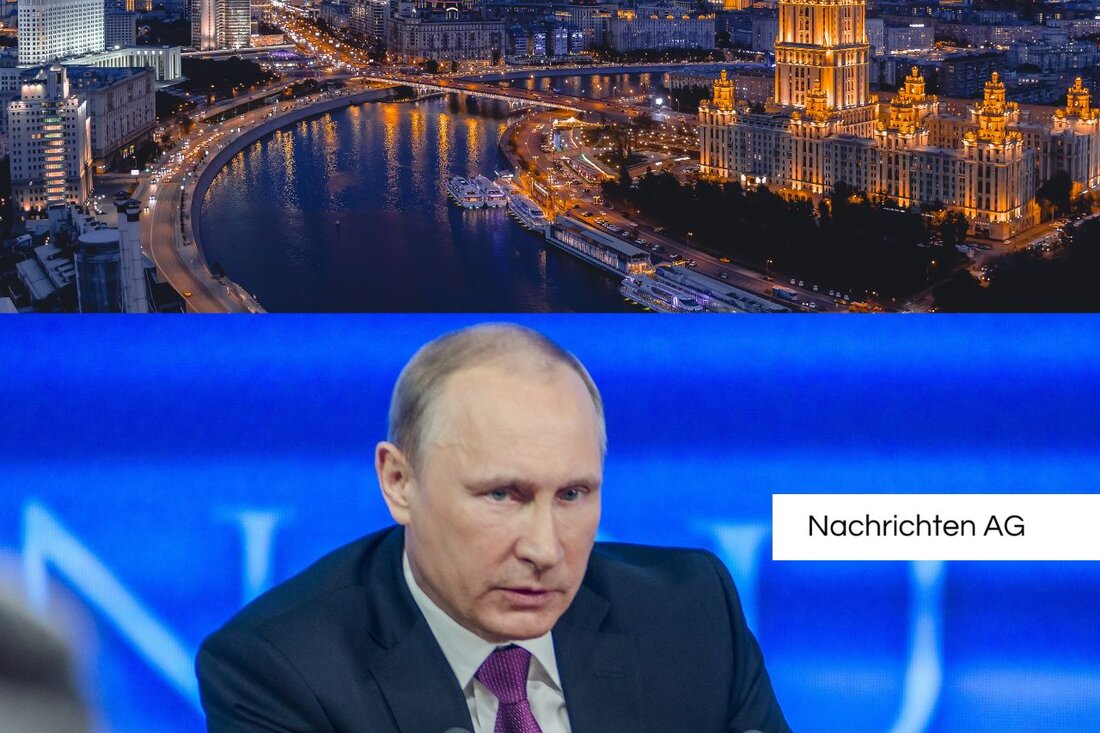Kremlin blocks living space: Are the Russian houses soon expropriated?
In Steglitz-Zehlendorf, the future of empty "Russians" is being discussed, while Berlin is examining legal hurdles for expropriation.

Kremlin blocks living space: Are the Russian houses soon expropriated?
In Berlin, there have been three multi -storey residential buildings in the Lichtenberg district for over thirty years, which are owned by the Russian Federation. These so -called "Russian houses" were once places of residence for Soviet officers and their families. Despite the lack of housing in the capital, Russia is neither interested in using nor in the sale of these properties. The Lichtenberg district office has been trying in vain for years to contact the owners in order to find a solution for the vacancy. Residents report on an older Russian -speaking couple who occasionally visits the site, but that does not change the desolate state of the buildings that have become fallen in the meantime. The buildings suffer from collapsed roofs and empty interiors, while the residents react differently to the situation: some are happy about the additional parking spaces, while others are demanding use for social housing.
The history of the "Russian houses" goes back to the 1920s and 1930s when they were built. After deducting the last Soviet troops in 1994, many properties fell back to the Federal Republic's property, but the "Russian houses" remained in Russian possession. This leads to a confused legal situation addressed by the district councilor Catrin Gocksch. She explained that the houses are considered diplomatic areas, which deprives it to municipal access. However, this contrasts with the assessment of the Federal Foreign Office, according to which the houses do not fall under the Vienna Convention. Therefore, the owners have the same rights as any other property owner.
political reactions and legal questions
The question of expropriation of these properties is also in space. The top priority is the legal framework, but Gocksch thinks about expropriation in accordance with the monument protection law, since one of the buildings is listed. CDU MP Lilia Usik has suggested to confiscate the “Russian houses” and to hand over directly to Ukraine. It points out that there are at least 66 apartments in the premises that are urgently needed, especially considering the housing shortage in Berlin. Usik plans to continue to discuss the topic at local and national level in order to put pressure on the authorities.
The Berlin Senate currently sees no legal options for confiscation of Russian real estate. Despite repeated attempts to buy the "Russian houses" from the Russian message, there was no answer. In Berlin, Russia currently has only the message and the "Russian House of Science and Culture". The residents also express skepticism to the district's ability to act and accuse the authorities of having "shit" before the reaction of Moscow. Historian Christoph Meißner also points out that the transfer of the houses to the Soviet Union during the GDR era could be relevant, but adds that the property and rights of the current owners are undisputed.
The situation around the "Russian houses" remains tense and complex. The citizens of Berlin continue to demand a solution for the vacancy and hope that the city administration will act as soon as possible in order to make these valuable properties available to the general public.

 Suche
Suche
 Mein Konto
Mein Konto
